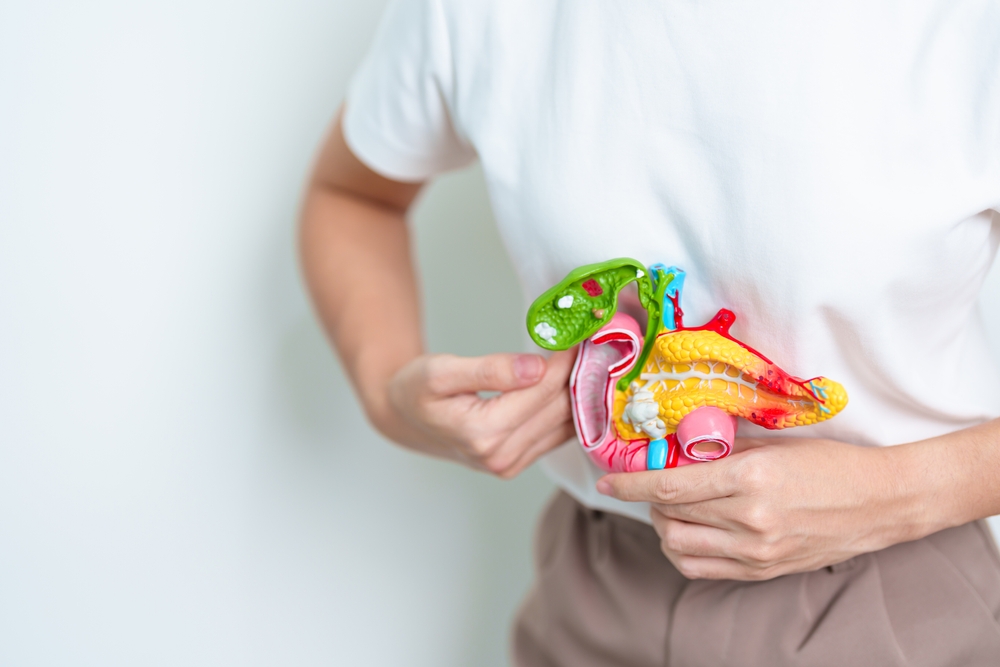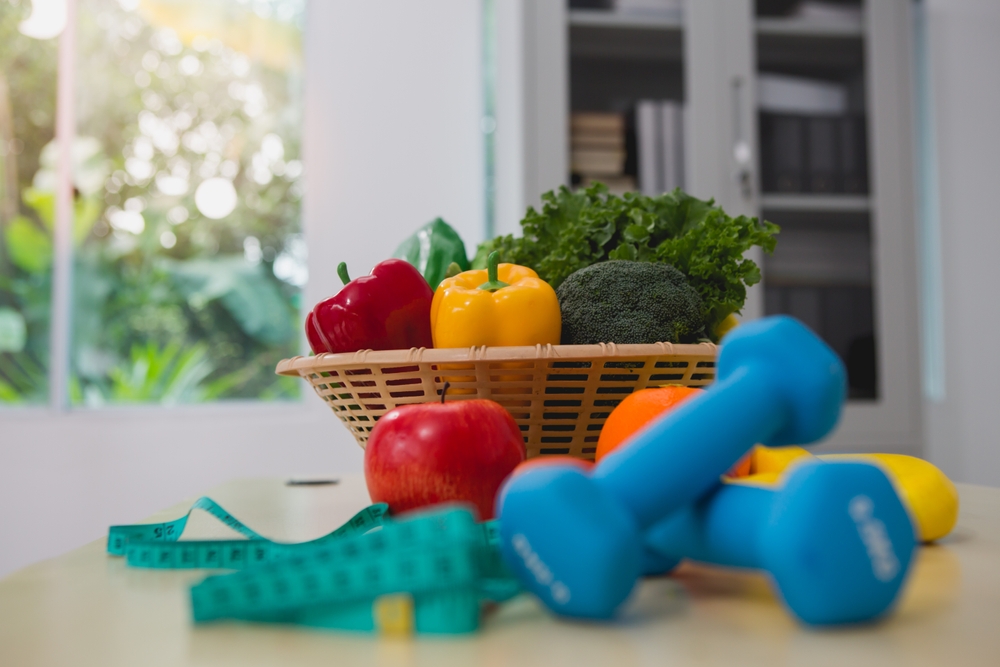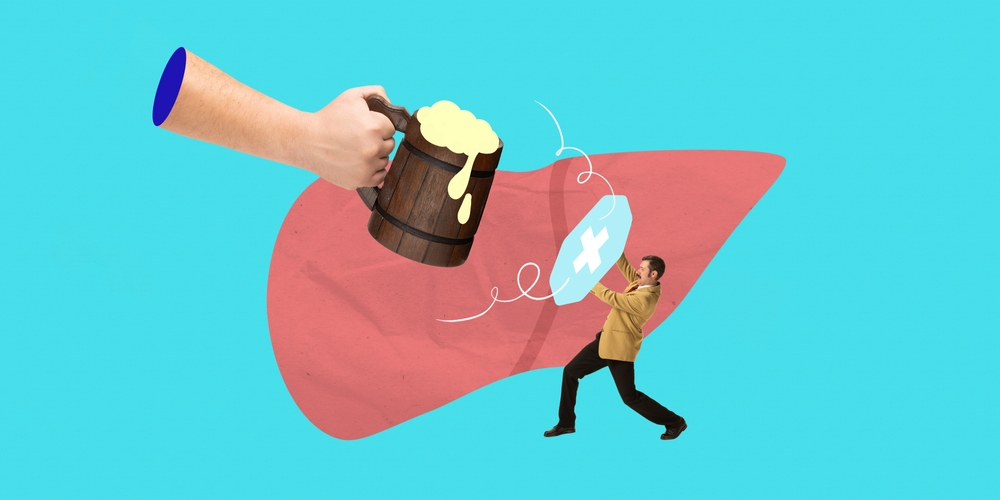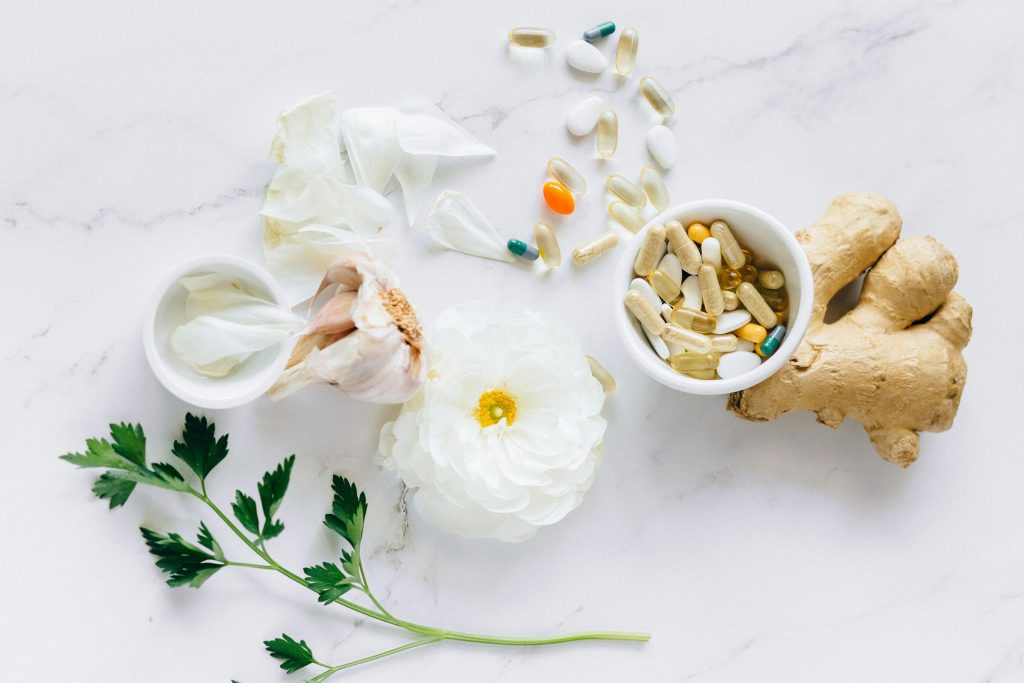If you’re over 50 and noticing fatigue, digestive discomfort, or a general drop in energy, your liver might be trying to tell you something. Like the rest of your body, the liver undergoes changes with age, both due to time and accumulated lifestyle and environmental stressors.
By 2050, one in four people worldwide will be over 65, according to the United Nations. That means millions more will experience age-related liver changes that can impact metabolism, medication tolerance, and overall vitality. The good news? The liver is remarkably resilient. With the right strategies, you can support liver health and help your body thrive for decades to come.
This article explores science-backed ways to naturally improve liver health, explains how aging affects liver function, and offers practical steps to keep your liver strong as you grow older.
What the Liver Does—and Why It Matters

Your liver performs more than 500 critical functions. These include:
- Processing nutrients from food
- Producing bile to aid digestion
- Detoxifying the blood
- Regulating blood sugar and cholesterol
- Storing essential vitamins and minerals
- Supporting immune function and hormonal balance
Since it touches nearly every system in the body, liver function is key to feeling vibrant at any age. However, as we grow older, the liver’s ability to regenerate itself weakens. When combined with long-term medication use, environmental exposures, and a less-than-ideal diet, the result can be a slow but steady decline in liver efficiency.
That’s why liver support for seniors is more than just a health trend; it’s a critical piece of aging well. Taking proactive steps now can help prevent or slow chronic liver conditions, keeping your body energized and resilient.
Read More: Could Your Daily Coffee Boost Healthy Aging? New Research Says Yes
Liver Function Changes with Age

Recent imaging studies reveal that liver structure and function shift notably with age:
- Liver size can decrease by 20%–40%
- Blood flow to the liver may drop by around 35% after age 65
- Drug metabolism slows by up to 30% by age 70
This means older adults process medications and toxins more slowly, raising the risk for drug-related side effects and liver strain. This is especially concerning in cases of polypharmacy, a common situation where a person takes five or more medications daily. Polypharmacy increases the burden on the liver and raises the likelihood of adverse drug interactions, liver inflammation, and even medication-induced liver injury.
In addition, aging is linked to increased oxidative stress and chronic low-grade inflammation. These processes can damage liver cells and contribute to Metabolic dysfunction-associated steatotic liver disease (MASLD), formerly known as NAFLD, which now affects up to 35% of adults over 65.
While some of these changes are natural, many are preventable. With a healthy lifestyle, you can actively support liver health after 50 and help your body age more gracefully.
Read More: Top 7 Herbs To Support A Healthy Liver
Lifestyle Habits to Support Liver Health: Nutrition

Your diet plays one of the most important roles in liver wellness. Consuming an anti-inflammatory, whole-food-based diet can reduce fat accumulation in the liver and support its natural detox processes.
Here are some liver-friendly foods backed by research:
- Leafy greens & berries: Rich in antioxidants that protect liver cells
- Eggs, soy, and fatty fish: High in choline, which helps prevent fat buildup
- Salmon, walnuts, and flaxseeds: Great sources of omega-3s to combat inflammation
- Whole grains & legumes: Supply B vitamins that support metabolism and detox
- Nuts & seeds: Contain zinc and magnesium, which support liver enzyme activity
- Coffee & green tea: Linked to a lower risk of liver disease
- Turmeric, garlic, and ginger: Anti-inflammatory foods and spices that aid liver function
By focusing on these nutrient-dense foods, you can help protect liver cells and enhance detox pathways, which are essential in improving liver health naturally.
Read More: 3 Morning Supplements That May Help to ‘Slow Down’ Aging And ‘Promote Longevity
Lifestyle Habits to Support Liver Health: Physical Activity

Exercise is another cornerstone of liver support:
- A 2009 study found that four weeks of aerobic exercise can reduce liver fat, even without weight loss
- Penn State College of Medicine reported that 150 minutes of brisk walking per week improves liver enzyme levels and insulin sensitivity
Low-impact activities like walking, swimming, tai chi, and yoga are especially beneficial for older adults. Movement and exercise help by:
- Boosting insulin sensitivity
- Reducing fat production in the liver
- Enhancing fat metabolism
- Protecting liver cells from oxidative stress
For seniors looking to improve or maintain their health, incorporating consistent movement is one of the best natural liver support strategies available.
Read More: The ‘Simple’ Weekly Habit That Can Slow Brain Aging and Reduce Dementia Risk
Avoid Toxins & Harmful Medications

As the liver ages, its ability to filter and process toxins becomes less efficient, making it more vulnerable to damage from environmental exposures and medications. Common culprits include:
- Over-the-counter pain relievers: Acetaminophen, ibuprofen, aspirin
- Statins and cholesterol-lowering drugs
- Certain antibiotics and antifungals
- Arthritis medications like methotrexate
- Steroids, chemotherapy agents, and high-dose niacin
If you take multiple prescriptions, consult your doctor regularly to assess liver function and reduce risk. Polypharmacy (taking many medications) is one of the top contributors to liver strain in seniors.
Alcohol is another key factor. Even moderate drinking can impair liver function in older adults. Reducing or eliminating alcohol is one of the simplest ways to support liver health after 50.
Additionally, avoid exposure to environmental toxins such as industrial chemicals (vinyl chloride, carbon tetrachloride, PCBs), which can accumulate in the liver over time. If you work with hazardous materials, wear protective gear and follow safety protocols.
Supplements for Liver Health: What Does The Evidence Say?

While supplements should never replace a healthy lifestyle, certain nutrients may provide added liver support, especially when dietary intake is insufficient.
Helpful supplements include:
Before starting any new supplement, especially if you’re already on medications, consult your healthcare provider. This is especially important when managing liver health after 50, as the body becomes more sensitive to interactions.
Read More: 8 Signs of Poor Liver Health & the Best Supplements to Help Support It | Dr. Mike Newman
When to Seek Medical Advice

Liver disease in older adults often progresses silently. Symptoms may be subtle or mistaken for other issues. Contact your doctor if you notice:
- Yellowing of the skin or eyes (jaundice)
- Ongoing fatigue or confusion
- Abdominal discomfort or swelling
- Persistent nausea or appetite loss
- Unexplained bloating or leg swelling
Blood tests and imaging can detect liver problems early, when interventions are most effective. Routine monitoring becomes more important with age, especially if you have diabetes, take multiple medications, or consume alcohol regularly.
Read More: 8 Habits to Help Slow Biological Aging
Quick Takeaways: Love Your Liver Daily

Your liver is one of the most important organs for healthy aging. It fuels energy, filters toxins, balances hormones, and supports immunity. The best way to protect it? Focus on how to improve liver health naturally through smart, sustainable lifestyle habits.
- Eat a colorful, nutrient-dense diet
- Stay active with regular, moderate exercise
- Limit alcohol and review medications with your doctor
- Choose supplements for liver health with care
- Avoid harmful environmental exposures whenever possible
Supporting liver health after 50 doesn’t require drastic changes, just thoughtful ones. Whether you’re in your 50s, 60s, or beyond, small daily actions can add up to long-term liver resilience and a healthier, more vibrant life.
Disclaimer: This information is not intended to be a substitute for professional medical advice, diagnosis or treatment and is for information only. Always seek the advice of your physician or another qualified health provider with any questions about your medical condition and/or current medication. Do not disregard professional medical advice or delay seeking advice or treatment because of something you have read here.
Read More: 4 Potential Benefits of Pu-erh Tea: Cholesterol, Liver Health, Anti-Cancer, And More
